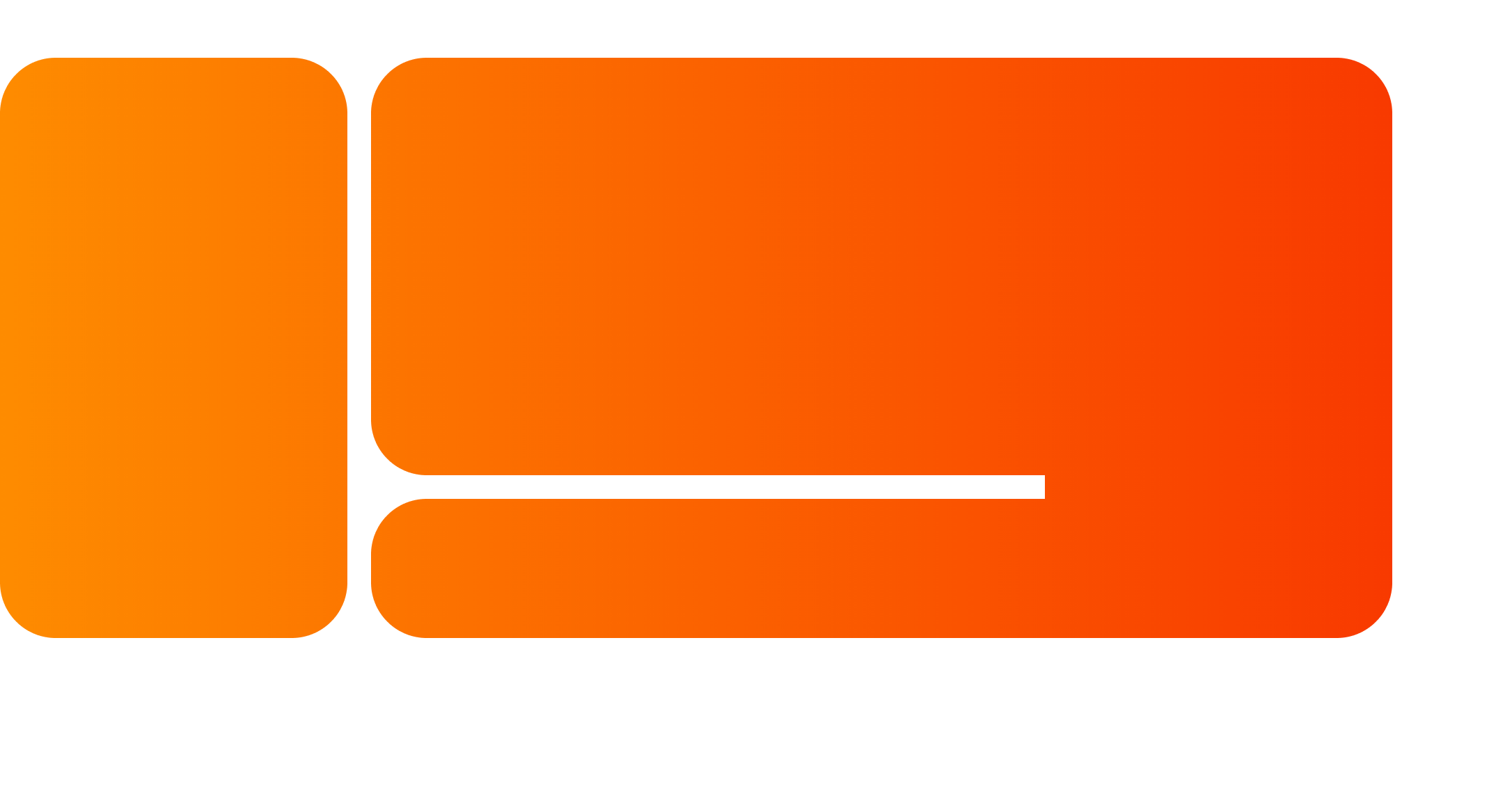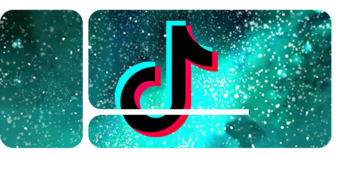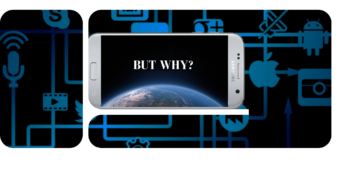Industry Groove – Week 19

For many, SoundCloud is still not much more than the platform where one can upload their music without a label or distribution. Of course, SoundCloud does not play in the same league as Spotify or Apple Music, and they also have a slightly different business model. However, dismissing the service as a niche product definitely falls short. This is not least because SoundCloud is not afraid to experiment and take steps that bring important insights for the music industry as a whole.
While many DSPs are stagnant or primarily focused on growth outside of music, SoundCloud continues to impress with innovative initiatives. Of course, their user-centric trial is noteworthy, as it can provide important data for or against the system. And now they have launched a tool that was actually long overdue, allowing artists to directly reach out to their biggest fans. Many artists will likely wonder why they don’t have this opportunity on other DSPs.
I hereby say goodbye for two weeks to a well-deserved vacation. The next Industry Groove newsletter will be released on June 1st and will bring you up to date on everything that happened in the second half of May.
SoundCloud allows you to contact your super fans
- In the Week 13 newsletter, I mentioned that on Spotify for Artists, you can now view your Active Audience, which are your most active listeners. I commented that while this is nice, it would be even better if you could contact them directly. That option is now offered by SoundCloud.
- The tool, called “Fans,” found on SoundCloud for Artists has already been used in beta by 10,000 artists. It provides artists with more data about their fans and allows them to send DMs to their superfans and attach (exclusive) tracks. This week, the option was expanded to an additional 50,000 Next Pro artists.
- SoundCloud has data on super fans thanks to their user-centric experiment, which they call Fan Powered Royalties. They are now combining this data with interaction data and user reach.
- According to SoundCloud, DMs can be used to promote new releases, exclusive songs, or live shows, ask fans for feedback, sell merch, or simply establish a more direct connection to the biggest fans. Of course, fans can choose not to receive such DMs if they wish.
- In a blog post, Tracy Chan, Senior Vice President of SoundCloud, is quite clear about the competition: “Streaming services won’t tell you who your fans are. Instead, they run business models built on selling you access to your fans. And the streaming services aren’t alone – ticketing and merch platforms won’t tell you who your fans are, either. The dirty secret of the music industry is that these platforms expect you to give them content and sales to fuel their bottom lines, but they refuse to tell you who is listening to your songs (or buying your tickets and merch).”
- After the initial Fan-Powered Royalties test was only available to artists who uploaded their music directly to SoundCloud, the test was expanded in a second step to include Warner Music artists. Now the labels and distributors associated with Merlin (including iGroove) are also joining in and participating in the user-centric trial.
Does the pro-rata model favor streaming fraud?
- The answer to the question in the title is relatively simple: Yes. It is generally known that the distribution system currently used by virtually all DSPs is not suitable for curbing streaming fraud.
- The topic resurfaced in recent days because it became known that Spotify has removed numerous songs created with the Boomy tool. Initially, it was mistakenly reported that the songs were removed because they were AI-generated music. However, the reason was simply streaming manipulation.
- According to media reports, Spotify also deleted numerous other releases that were not related to Boomy. However, it has long been known that what Spotify and other DSPs detect is only the tip of the iceberg.
- In an alarmist and perhaps somewhat hasty article on MBW, it is now demanded that the pro-rata system be buried immediately.
- Of course, the article addresses important points. For example, that streaming manipulation could be abused for money laundering. The fact that criminals are part of the system is evidenced by the threats received by employees of the distributor Horus Music after they blocked uploads. It also highlights that honest artists are missing out on millions, if not billions. Pro-rata creates a (wrong) incentive to generate as many streams as possible rather than reaching as many listeners as possible.
- The problem, however, is that there is currently no model that everyone can agree on. User centric has the most advanced tests, but the majors don’t seem to be warming up to it. Universal is proposing an artist-centric model, which is now being evaluated at Tidal and Deezer. It will take some time before a system change really happens, if all players really agree.
- In line with this, a new study commissioned by Pro Musik on user-centric has been published. The study is based on figures from SoundCloud’s Fan Powered Royalty Program. It found that if User-Centric were used instead of Pro-Rata, 25.5% of generated revenues would be redistributed. Furthermore, 19% of the analyzed artists could at least double their earnings.
- Discussions about a new streaming model will undoubtedly continue and I will keep you updated.
TikTok tests feature that connects musicians with influencers
- TikTok is currently testing a feature called “Work with Artists” on a very small scale. It is described as follows: “Pick a paid music task you’re interested in; create a video with that song and post it; the more likes, shares, and views you get, the more you earn!”
- This allows users to bypass agencies and directly connect with influencers who can then use the song in their videos.
- In the example circulating on social media, the highest-paid influencer in the campaign received $120. Of course, such amounts are mainly aimed at micro-influencers, as larger influencers would not even turn on their cameras for such amounts.
- As this is only a test that has not even been publicly announced by TikTok itself, it is completely uncertain whether this feature will ever be rolled out to all users. However, it could be interesting for musicians.
Who actually owns Spotify?
- Of course, artists do not necessarily have to be interested in the exact ownership structure of Spotify. Nevertheless, it can be helpful to understand why certain decisions are made or why certain things are not implemented.
- MBW has therefore compiled publicly available documents to find out who currently owns Spotify.
- They have mainly identified two things: Firstly, the two co-founders still firmly hold the reins, and secondly, many of the major investors have remained the same despite the fluctuations that Spotify’s stock has undergone lately.
- CEO Daniel Ek holds the largest share of stocks, namely 16.5%. The other co-founder, Martin Lorentzon, holds a share of 11.1%.
- However, this only partially reflects the power structure at Spotify. When looking at the voting shares, the founder duo together holds 74.3%. Therefore, nothing happens at Spotify if Daniel and Martin don’t want it to. Consequently, they are also the ones who have to take responsibility for any mistakes.
- After Daniel Ek, investment firm Baillie Grifford is the second largest shareholder with 14.5%. Baillie Grifford also owns 4.48% of Tencent Music Entertainment, which in turn holds 8.6% of Spotify shares.
- Other notable shares are held by investment management firm Rowe Price & Associates with 5% and major bank Morgan Stanley with 4.4%. Additionally, 3.3% of Spotify belongs to Universal Music Group, a deal that has already received substantial criticism.
Bonus Reads
- Spotify has announced that as of July 1st, all data older than June 2020 will be removed from Spotify for Artists. However, this does not affect the all-time stream count of your songs. The data can still be downloaded until June 30th. In exchange, there will be some new features on S4A.
- For those who believe that Record Store Day is only an event for some vinyl nerds, they should take a look at the impressive numbers that Luminate has compiled. In the week of RSD alone, 1.809 million vinyl albums were sold in the US. This is the fourth strongest week ever since 1991, the year Luminate began collecting this data. Fortunately, 1.426 million of these albums were sold through independent record stores. Nice!
- So far, the discussion about a new streaming model is mainly associated with Universal Music, whose CEO has additionally triggered the debate. However, Warner Music CEO Robert Kyncl also made it clear once again that he advocates for a change in the system. “It can’t be that an Ed Sheeran stream is worth exactly the same as a stream of rain falling on the roof,” and further punchy statements as well as his position on AI music can be found here. Perhaps he simply wants to distract a little from the mediocre quarterly results.
- While Western DSPs may still have some reservations about AI, they are definitely not present in other parts of the world. Anghami, the largest streaming service in the Middle East and North Africa, has already used AI to generate music for its service. Now they are coming up with a world premiere: AI-powered podcasts, tailored to the user’s interests.
- Three years ago, so-called fan packs, the combination of albums and merchandise, were excluded from the Billboard charts. Now they are making a comeback, but some rules are in place to prevent distortions. Why they will be reintroduced in July and what the guidelines are is shown in this article.
Deepfakes of the week
- Many are still amazed by the deepfakes that are currently making the rounds. Well, we shouldn’t really be surprised. This video is already a year old and actually anticipates everything we are experiencing right now.
- Snoop Dogg has Michael Jackson rap C-Murder’s “Down for My N’s” and comments on it with “This Shit is outta hand!“.
- Timbaland never had the opportunity to work with The Notorious B.I.G. Now he has shared a track with AI-Biggie on Twitter and received not only love in return.











